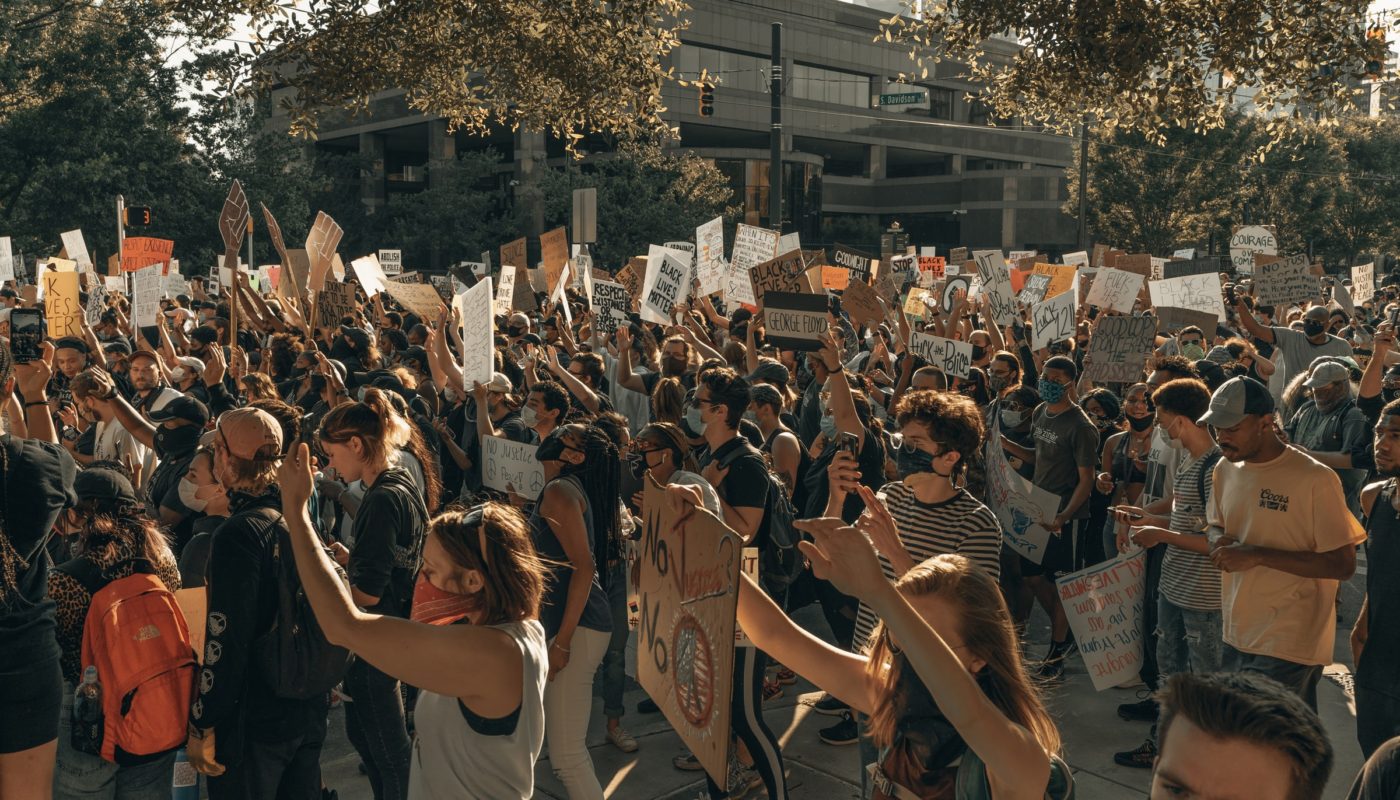The Problem of Employee Protestors
The past two years have seen an increase in protests addressing a range of issues. From climate change to black lives matter, people gathering in the streets has become a familiar sight.
What if your employee is one of the protestors?
More importantly, what if they should be at work when they are out in the street?
Some claim that certain issues are important enough to skip work for. Following in the example of Greta Tunberg’s famous absence from school on Fridays to protest for better climate policy. However, absence from work has consequences, regardless of well meaning motivation.
When asked about the issue of protest absenteeism, Kate Palmer, director of law firm Peninsula Group, stated that “taking unauthorized time off work, whether to attend the global climate change strike or for any other reason, is a serious matter”. She added that, unfortunately, a strong belief is not a sufficient defence to an allegation of dereliction of duties or unauthorised absence.
This raises the fundamental issue: are some protests worth it whilst others aren’t? The short answer is no. Consistency is key for workplace policy, so what makes for an effective protest policy?
Conventional Solutions
One simple answer is to allow employees to use their annual leave time for protests. The employee can choose how to use their annual leave. They choose whether to go to the beach or march on the street. Some employers have amended the annual leave policy specifically for protests. Because protests occur on short notice some have slashed the amount of notice an employee must give to book annual leave.
Others take a straightforward approach, saying that no such adjustments should be made. However, employees are still free to do whatever they like as long as their actions outside work don’t cause disrepute to the company.
In this scenario, an employee with no annual leave left cannot attend protests. To avoid this, some suggest offering unpaid leave if the workplace could reasonably manage without the employee. This doesn’t come without its challenges, like deciding which events are important enough to be given this exemption. Such arrangement needs a robust workplace policy to avoid being abused.
Conduct and Reputation
If an employee chooses to use their agreed leave on protesting, there is still the question of conduct. Activities outside work are not grounds for dismissal, unless it affects the employee’s ability to do their job. This can include any adverse effects on their relationships with colleagues, suppliers or customers. Because of the disruptive, and sometimes violent nature of protests, there is a chance that an employee acts in an illegal manner. This raises the question of how the employee’’s conduct will affect your reputation. Before taking action, you should conduct a thorough investigation into the alleged conduct. it may emerge that there was no impact on work ability or the employer’s reputation.
What Happens if They Go Anyways
There is still the scenario where an employee is absent without notifying anyone about their leave. If other colleagues inform you that the employee is taking unauthorised leave to protest, try to contact them and log your attempts to reach them. Since this breaches absence procedure, disciplinary action is needed. Often, the employee will give an excuse like illness. To investigate, conduct a return to work interview.
Harnessing Passion and Corporate Social Responsibility
Most employers will already have a corporate social responsibility (CSR) policy in place. These policies usually allow employees to donate time or money to charities or other causes. A possible addition to this could be to allow paid time away from the workplace without exhausting annual leave, a more generous option than annual leave or unpaid leave.
However, the employer again has to choose which causes count as worthy. If paid leave is given to one employee to attend a Black Lives Matter protest, should another employee be given paid leave to attend an anti-lockdown protest? A possible solution is for the employer to choose a cause that aligns with the company’s values and take action to promote it. The recognition of the issue can motivate employees. It gives the feeling that they are making a difference from their workplace, and could make them less likely to attend protests
Can Your Absence Policy Deal With Employee Protestors?
If the last few years are anything to go by, protests aren’t going anywhere. The chance that one of the above scenarios happens to your business is real. Updating absence, disciplinary, capability, and other policies as well as back to work interviews is time consuming. We know that you have bigger things to focus on – this is where we can help.
If you could use some help updating or just checking that your policies can handle absence scenarios, or dealing with a case in a lawful way, get in touch!


